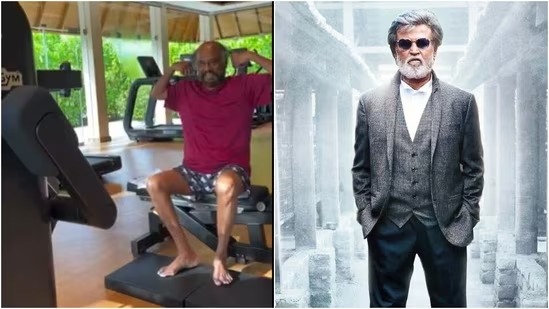
Follow WOWNEWS 24x7 on:

From Fresh Grad to Azure Ace: A Microsoft Career That Defies GravityIn a tech industry rattled by layoffs, AI disruptions, and career uncertainty, one Indian-origin engineer has quietly rewritten the rules of professional growth. Ritvika Nagula, a senior software engineer at Microsoft Azure, has achieved what many dream of but few accomplish—four promotions in five years. Her journey offers a blueprint for thriving in a high-performance, high-pressure environment, and her strategy is as methodical as it is inspiring.
Key takeaways from her rise
1. Ritvika joined Microsoft Azure in April 2019 as a fresh graduate, believing that consistent high-quality work would naturally lead to promotions.
2. Her first year taught her that silent ambition can be misread as lack of ambition.
3. She pivoted to a proactive approach, scheduling monthly development-focused meetings with her manager.
4. She used Microsoft’s internal role library to benchmark her progress and set personal promotion timelines of 18 to 24 months.
5. She made feedback a constant part of her workflow, seeking input from managers, peers, and mentors.
6. She didn’t wait for opportunities—she asked for them, especially when she knew a promotion required leading a full project.
The first-year wake-up call
Ritvika’s initial assumption was simple: deliver good work and recognition will follow. But she quickly realized that being passive about career goals could lead to stagnation. Her manager had no visibility into her aspirations, and that disconnect nearly cost her momentum. By the end of her first year, she understood that promotions don’t just happen—they’re earned through visibility, ownership, and strategic communication.
The second-year shift
From year two onward, Ritvika began scheduling regular one-on-one meetings with her manager. At least once a month, she made sure the conversation focused on her growth. She came prepared with questions like What’s going well? Where can I improve? What am I overlooking? She also set herself a personal timetable, aiming to move up every 18 to 24 months. Using Microsoft’s internal role library, she studied what was expected at each level and identified the gaps she needed to close.
Feedback as fuel
Ritvika didn’t limit feedback to formal reviews. She actively sought input from colleagues and mentors, making it a routine part of her development. When she learned that a senior role required leading a project end-to-end, she didn’t wait to be assigned one. She asked for it directly, framing her request around her promotion goals. That clarity made her manager see her as someone ready for more responsibility.
Impact over effort
For Ritvika, doing assigned work was only part of the equation. She focused on projects that had measurable impact and aligned with team and company priorities. Her mantra was simple: don’t just do the work—make sure it moves the needle. She understood that promotions are tied not just to effort, but to outcomes that matter.
Lessons for the AI era
In a time when AI is reshaping roles and replacing routine tasks, Ritvika’s story stands out. Her success wasn’t about writing better code—it was about writing her own career narrative. She showed that self-awareness, goal-setting, and strategic communication are just as critical as technical skills. Her journey is a reminder that in the age of automation, human initiative still matters.
Sources: Financial Express, Economic Times, Business Insider, Asaase Radio





